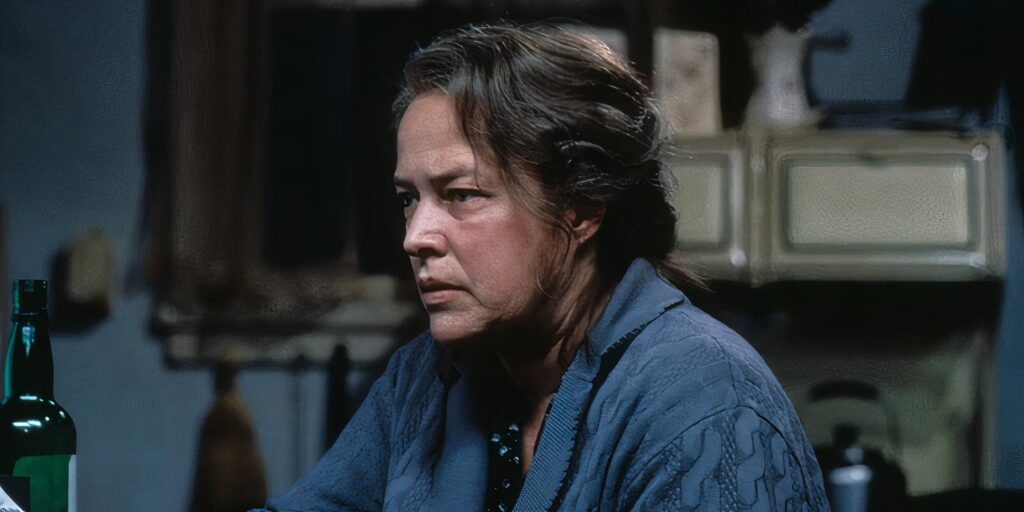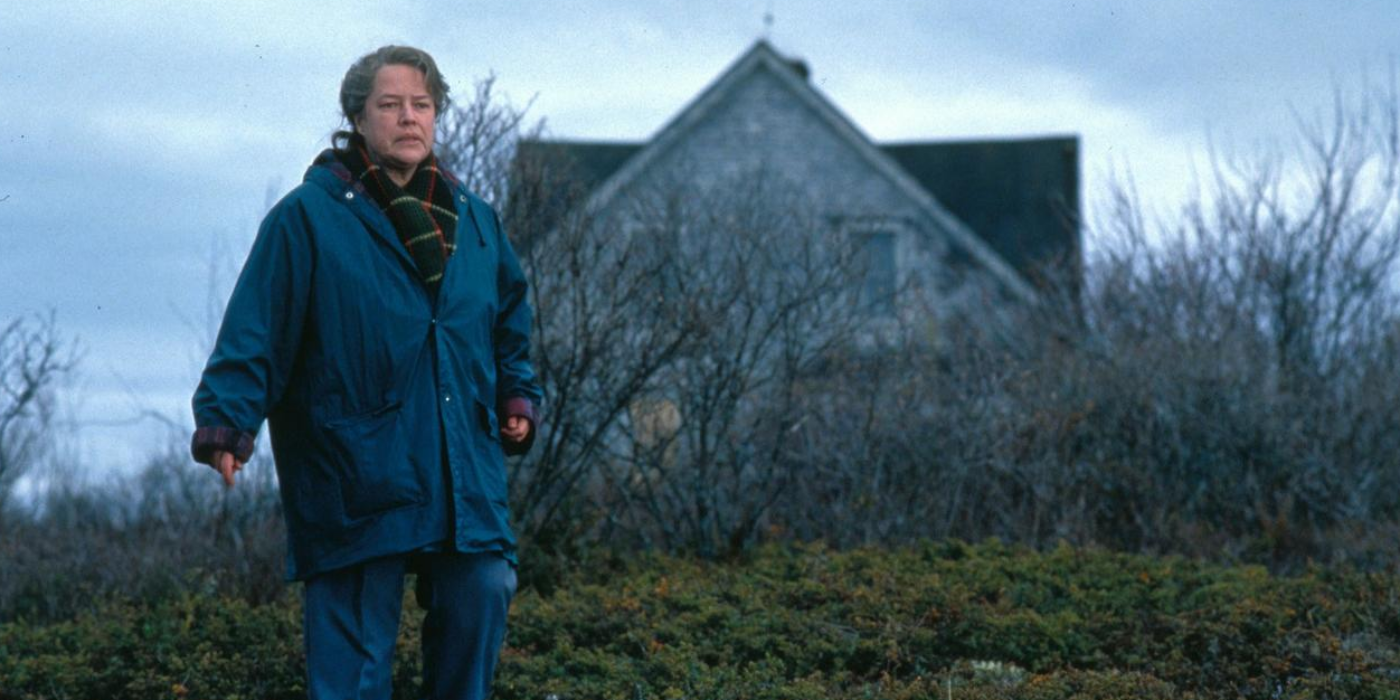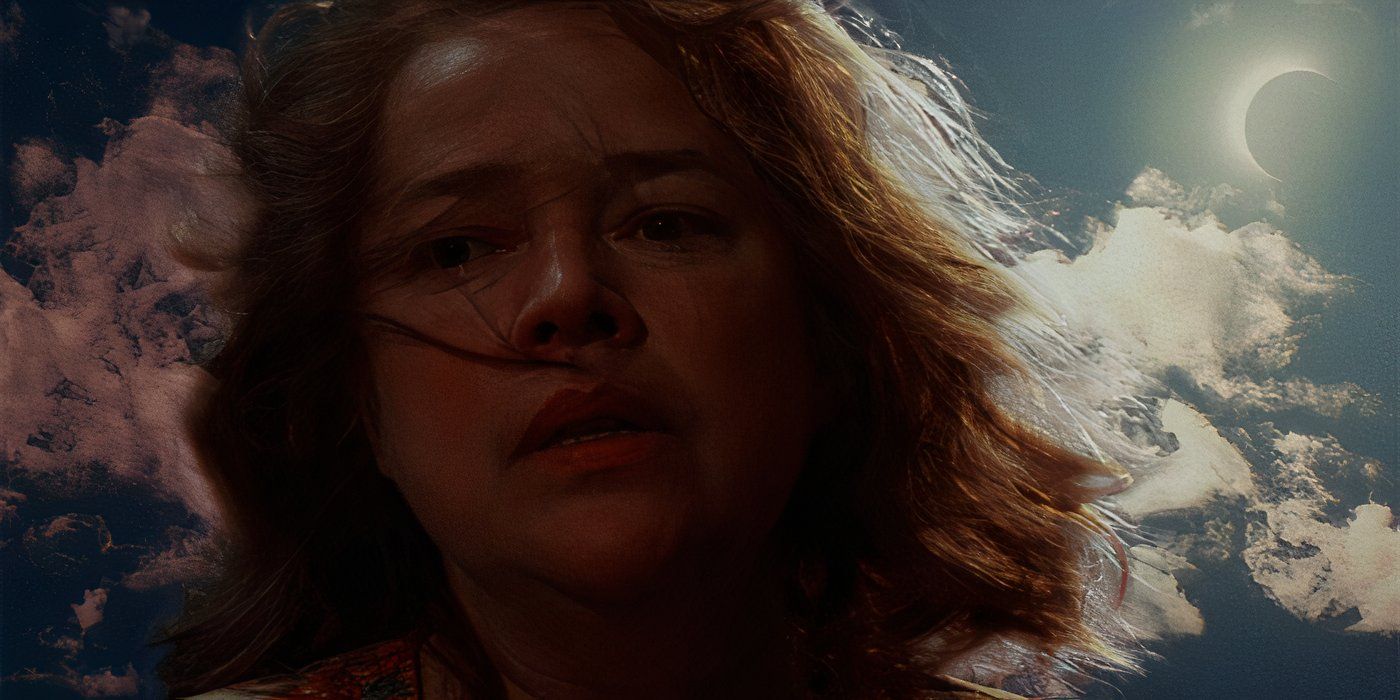Stephen King’s books often make successful adaptations, but his underrated 1995 movie is one of the best in his entire catalog. Almost immediately after publishing his debut novel, Carrie, Stephen King became a household name because of his literary acumen but also his excellent film adaptations. The aforementioned novel was quickly turned into a movie, and King suddenly became a multimedia megastar with a large portion of his books and short stories being turned into films and TV shows. The King of Horror’s approach to the genre was wholly unique, and that’s what made many of his movies so memorable.
No matter what kind of story King tells in his books, it’s guaranteed that his characters will be fleshed-out and compelling. Even if his horror concepts are somewhat strange or even cheesy at times, they are elevated by King’s keen eye for detail. Most of Stephen King’s movie adaptations have some level of success, be it critical or commercial, but some have faded into the past and aren’t well-remembered today. One of King’s hidden gems from the 1990s is a highlight from his lengthy career, and it deserves to get more attention in the modern day.
Dolores Claiborne Made Some Key Changes To The Novel
The Book’s Structure Wasn’t Right For A Movie
By 1995, Stephen King had been firmly established as a master of horror on the page and screen, but his movie output was changing dramatically. Almost all of his movie adaptations from the first 20 years of his career were horror, but by the mid-’90s, the focus had shifted somewhat. Dolores Claiborne was the second Stephen King movie in two years to be a dramatic thriller (the first being The Shawshank Redemption) that eschewed conventional supernatural horror. It represented an elevation of his work, and a focus on his strength with characters.
Dolores Claiborne was a sleeper hit with a reported gross of $24 million on Box Office Mojo, though other estimates have the number much higher.
Understandably, the movie version of Dolores Claiborne made some notable changes to the source material, but those changes helped to make the story more cinematic. The book is written in the form of a confession, with the title character being questioned regarding the death of her elderly employer. The confession format could have been an interesting wraparound framing device, but it severely limited what the supporting characters could do. Instead, the movie dropped the confession framing and went for a more straightforward narrative. Kathy Bates’ Dolores is still the focus, but the supporting cast is richer.
Dolores’ daughter is able to have more focus and agency in the story, with Jennifer Jason Leigh being given much more to do as Selena. It also allows the audience to learn along with Selena about her own past, since all the sordid details in the book are already known by the characters involved. The repressed memory sequence might have been gimmicky, but it led to a more exciting reveal toward the end of the film. While the eclipse scene is a crucial, and somewhat supernatural, element to the plot, Dolores Claiborne is a character drama first and foremost.
The Performances By The Cast Was A Highlight
Kathy Bates Shines In Her Second Stephen King Role
Dolores is a complicated woman who suffers from her situation and society’s perception of her
Because Dolores Claiborne is a character drama, it needed strong performances to really shine. Fortunately, the 1995 movie is packed with excellent actors who buy into the script from the very first scene. Unsurprisingly, Kathy Bates is electric as Dolores, and her turn in the title role is quite different from the one she played in Misery a few years earlier. While Annie Wilkes is an unflinching villain with a terrible vindictive streak, Dolores is a complicated woman who suffers from her situation and society’s perception of her. She may not be the nicest, but she’s had to become tough.
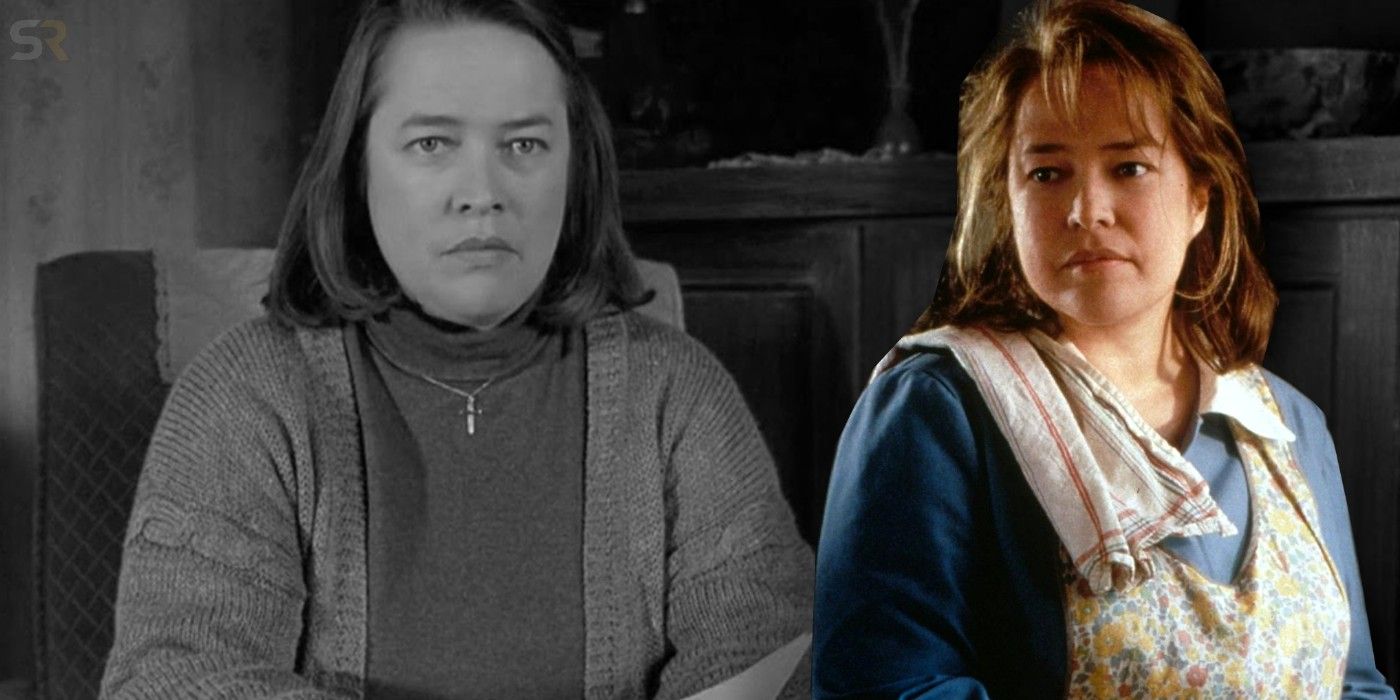
Related
Kathy Bates’ 10 Best Movies, Ranked
Kathy Bates is renowned as one of Hollywood’s finest actresses with standout performances often regarded as her best work.
Judy Parfitt (Vera), Christopher Plummer (Detective Mackey), and David Straithair (Joe) are riveting in the respective roles, but they are all secondary characters to the main duo of Bates and Jennifer Jason Leigh. Leigh’s role as Dolores’ daughter Selena was greatly expanded for the movie, and Leigh goes the extra mile. Leigh plays the conflicted journalist to perfection, and it’s clear throughout the film that she’s grappling with her own addictions and doesn’t quite understand why she’s suffering. The final revelation draws the two women together, though they are united in heartbreak.
Dolores Is Kathy Bates’ Personal Favorite Performance Ever
The Oscar Winner Has Played Many Memorable Roles
Though Dolores Claiborne is an oft-forgotten addition to Stephen King’s filmography, it holds a special place in the heart of the movie’s star. While appearing on the radio show, Talk of the Nation in 2011 (via NPR), Bates spoke to callers who asked her about her amazing career in film. One caller specifically mentioned Dolores Claiborne, which prompted Bates to swiftly call it her “favorite role of all the roles that I’ve done.” She would go on to explain that it was the preparation for the role that made it so memorable.
Kathy Bates’ Stephen King movies and shows include:
Movie Or Show
Release Year
Role
Rotten Tomatoes Score
Misery
1990
Annie Wilkes
91%
The Stand
1994
Rae Flowers (uncredited)
70%
Dolores Claiborne
1995
Dolores Claiborne
86%
Bates apparently put extensive work into becoming Dolores, saying “I worked with a dialect coach for the Maine dialect. And I worked with a movement coach to try and understand the difference in moving when you’re 35…and then at 55 years old.” She looked back on the role with fondness because, “I doubt I’ll ever have that luxury of working that way again.” The work really paid off in the final product, and Dolores ends up being one of the richest and most complex characters in any Stephen King movie.
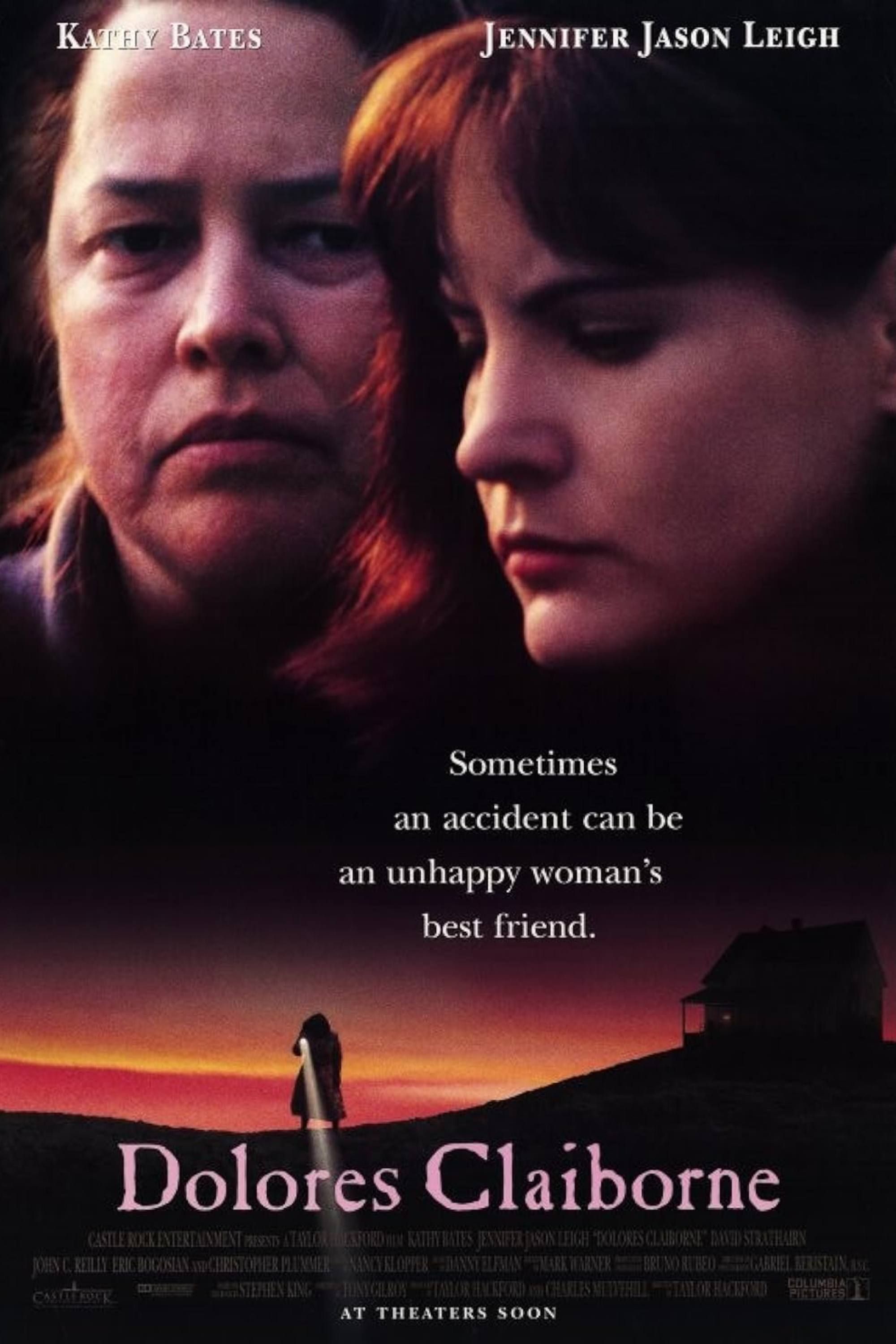
Dolores Claiborne
Release Date
March 24, 1995
Runtime
132 Minutes
Director
Taylor Hackford

